#Manufacturing
Equinox Gives Oshawa Consolidated Line Extended Life
GM Canada announced Wednesday it will make a small investment in Oshawa Assembly’s Consolidated Line thanks to increased demand of the Chevrolet Equinox.
“It’s a modest investment in terms of its size, but it increases the volume of stamping we do at CAMI to increase the run. (The increased stamping) will then boost Equinox production in Oshawa,” GM Canada’s VP of Corporate and Environmental Affairs David Paterson said in an interview with TTAC.
More body panels are stamped at CAMI than that plant’s assembly line can use, which required GM to utilize its “shuttle program” to transport excess Equinox bodies to Oshawa’s Consolidated Line for final assembly, according to GM.
The majority of the $12 million CAD investment will go to CAMI, though the detailed amount was not disclosed. Additional labor will not be needed to produce the additional Equinoxes.
While the success of an 11-year-old model (the Equinox went into its second generation as an enhanced refresh) is newsworthy, there is a larger issue at play.
“That investment has the effect of extending further the Consolidated Line until at least 2017,” said Paterson.
Reuters: Subaru Success Fueled By Marginalized Foreign Workers
Reuters Investigates has a scathing report on foreign workers in Japan at some of Subaru’s most important suppliers. According to the news agency, due to the combination of a booming “Abenomics”, Japan’s 2010 asylum seeker program, and manufacturers looking for cheap sources of expendable labor, foreigners are taken advantage of and treated as second- and third-class workers. Another program meant to help Chinese citizens learn manufacturing skills in Japan is also implicated in helping Subaru take advantage of marginalized immigrant workers.
Subaru isn’t the only automotive manufacturer named as the same suppliers also feed parts to Honda and Toyota.
Car Building in Ontario Could Die, and They Probably Can't Save It
Ontario’s debt is swelling and as home to eight manufacturing plants — the largest complex in North America — automakers may have a tough time keeping plants open in Canada’s most-populous province.
According to a story by the Financial Post, Ontario is moving forward with an ambitious plan to revamp roads and mass transit systems despite its debt being downgraded by Standard & Poor’s bond index. The broad public spending plan also extends to other sectors, despite high unemployment numbers and slumping manufacturing jobs.
Automakers such as Fiat Chrysler Automobiles have called on the provincial government to cut back on public programs and reduce costs on utilities in an effort to keep car building in the province profitable. This year, Chevrolet will shift production of its Camaro to Michigan. On the whole, Oshawa GM production has a dark cloud lingering overhead until the company decides what to do with the facility in 2016.
Marchionne Undecided on Toledo Wrangler Plant's Future
Fiat Chrysler Automobiles’ top executive says he’s still not sure if Jeep’s Toledo plant will build the next-generation Wrangler, The Detroit Bureau is reporting.
In a move that may or may not be union-negotiations related, FCA CEO Sergio Marchionne said he expects to make a decision on where to build the new Wrangler by the end of the summer — or about the time negotiations wrap up.
Honda Making English Its Official Language by 2020
In its 104-page annual sustainability report, Honda announced it would make English its official language by 2020, requiring all interregional communication be conducted in English. Similarly, English-language proficiency would be a requirement for promotion to management. The new mandate appears on Page 70 of the report.
Despite burying the lede, it’s a seismic change for the Japanese company. According to Automotive News, five years ago then-boss Takanobu Ito said — possibly in Japanese — that making English the official language of Honda was “stupid.” Five years from now, presumably all of Honda’s workforce, which includes more than 200,000 people — nearly three-quarters of it outside of North America — will be speaking the language.
QOTD: What Really Makes a Car American?
Today is the beginning of the Independence Day holiday in America, which is this beautiful historical moment where we all take a few days off work and light things on fire. It’s also an excellent time to examine precisely what makes a car American.
I want to do this because there are a lot of Americans out there who will only buy an American car, just like there are a lot of Japanese who will only buy a Japanese car, and a lot of Germans who will only buy a German car, and a lot of South Africans who will only buy cars with bulletproof windows. But in today’s globalized world, what exactly defines a car’s country of origin?
Some would say where the car is manufactured – and that’s reasonable. After all, if a car is built in America, and sold in America by an American car dealership to someone in America, this is a pretty damn American vehicle, correct? You can only get more American if you were to get on a plane and ask personal questions to the stranger sitting next to you, even though they’re obviously trying to read the newspaper.
But wait! There are millions of cars that fit this definition that aren’t made by “American” automakers! The Volkswagen Passat, for example, is built somewhere in the marry-your-cousin hills of East Tennessee by an American factory worker, then shipped to an American dealer by an American truck driver where it’s prepped by an American employee and sold to an American rental car company for use in the commission of an American felony, likely with an American gun.
So is the Passat an American car?
GM to Suppliers: Open Your Factories, Books If You Want Long-Term Business
If you’re a parts supplier to General Motors, you have two choices: bid for business as it comes up or open your books and factories to skip the bidding process.
According to Automotive News, the latter option is part of GM’s One Cost Model launched in 2013, allowing the automaker to analyse a supplier’s internal cost data to identify cost-cutting opportunities. In exchange, suppliers can receive exclusive parts contracts that can last the lifecycle of a model and GM will not put that particular piece of business up for bid.
This all requires a significant amount of trust from suppliers, a commodity which has been lacking at GM since the ’90s.
Toyota Next To Join Mexican Assembly Fiesta
Although Toyota has previously looked to maximize capacity at its existing North American plants, a report by Bloomberg suggests that the company will depart from this policy and look to establish a manufacturing facility in Mexico, following the lead of Honda, Mazda and Nissan in the Japanese auto industry’s drive to localize production.
Toyota Putting The Brakes On Further Capacity In America
Toyota is not going to be expanding any plants in the United States, even as they are forced to absorb further production of the Toyota Camry as their assembly deal with Subaru winds down.
The Future Of GM's Oshawa Plant Looks Increasingly Bleak
A report in Automotive News outlines how General Motors has committed to building a new Buick model at their plant in Russelsheim, Germany. According to AN, the logical choice is the next-generation Buick Regal, also known as the Opel Insignia, since this is a good fit for Buick, and it allows GM to use up some of the excess capacity that is currently plaguing their European operations. But for GM’s venerable Oshawa plant, this is not good news.
Hyundai-Kia To Expand In Mexico
Hyundai-Kia will end an unofficial cap on NAFTA-area expansion with a new factory in Monterrey, Mexico.
BMW May Bring MINI Production To Mexico
Already considering a new plant in Mexico for its 1 and 3 Series, BMW may also bring MINI production to the line when the factory doors open in the near future.
Lawsuit Settlement Highlights Incentive Pitfalls
A long-running lawsuit over the value of the land on which Hyundai’s Montgomery, Alabama plant is located has been settled. The Montgomery Industrial Development Board will pay former landowners $3.45 million to settle their claims. The particulars of the case illustrate the potential hazards faced by advocacy groups when they attempt to incentivize industrial development.
Analysis: Australia's Free Trade Deals Are The Final Nail In The Coffin Of Its Auto Industry
In the span of 24 hours, Australia inked two free trade agreements with both Japan and South Korea. Even though Holden, Ford and Toyota had already committed to ending auto manufacturing in Australia, it’s hard not to see the agreements as the last nail in the coffin of Australia’s once strong auto industry.
Analysis: Toyota Digs In, As Union Vote At Canadian Plants Put On Hold
Unifor has put their union certification vote on hold for Toyota Canada’s manufacturing plants, amid claims by Toyota that the size of the bargaining unit is much larger than expected – derailing Unifor’s assertion that they have met the required threshold for a vote.




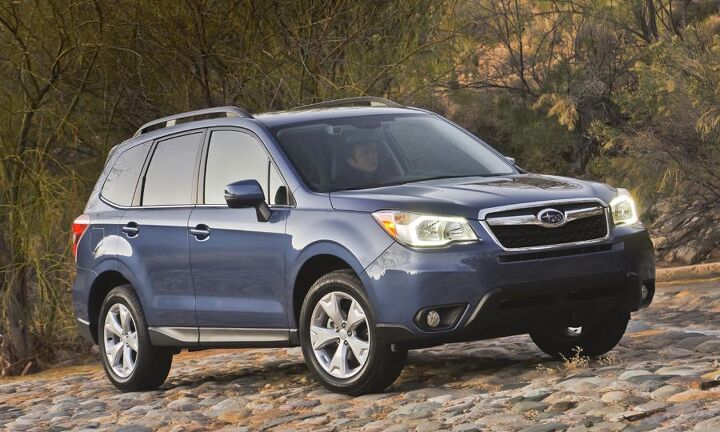

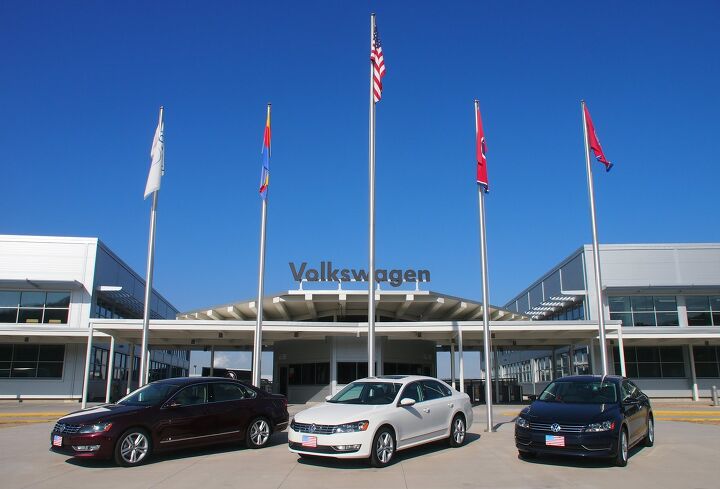

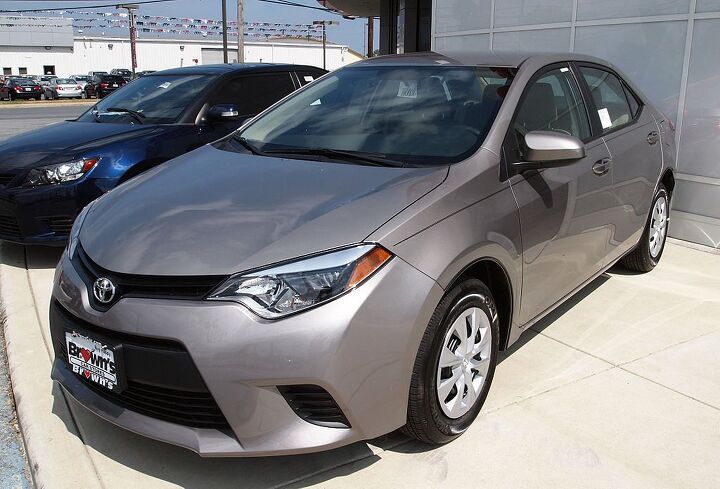

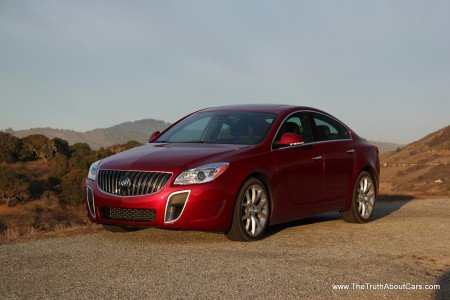
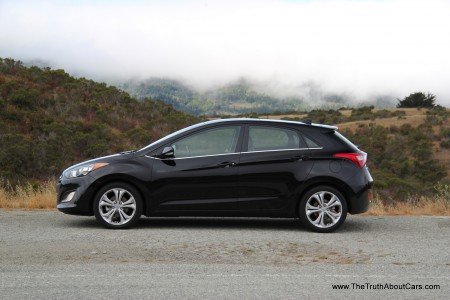
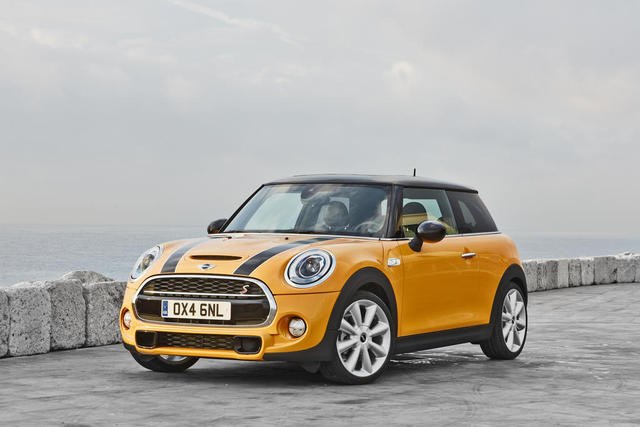
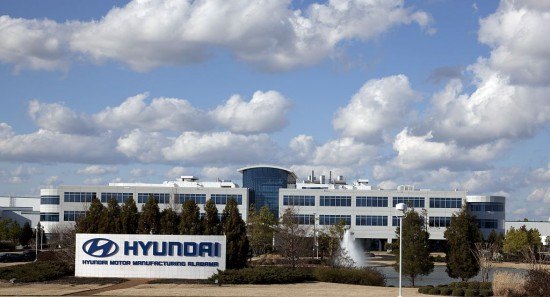
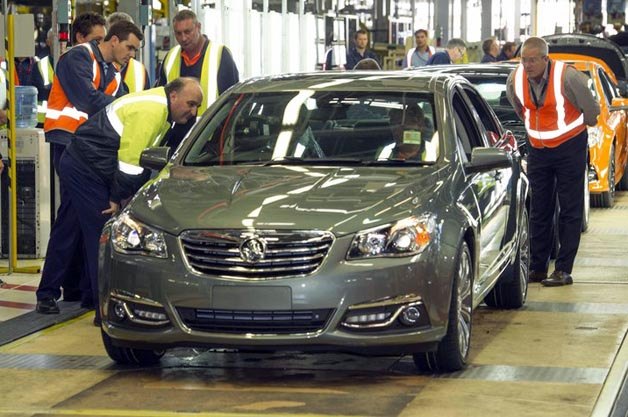













Recent Comments